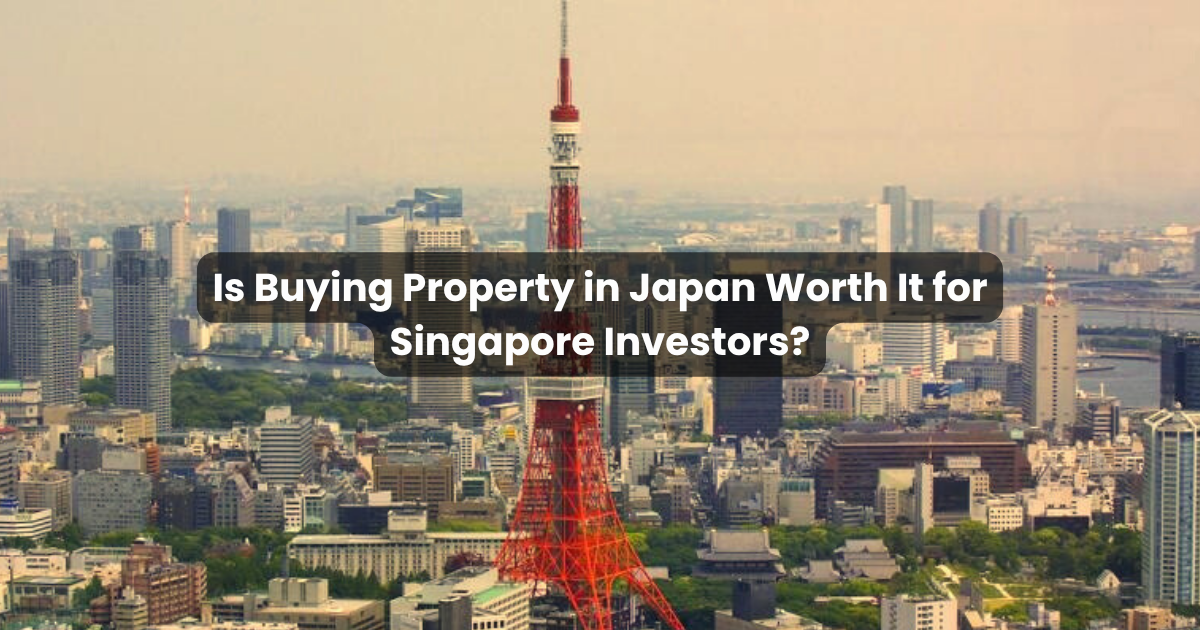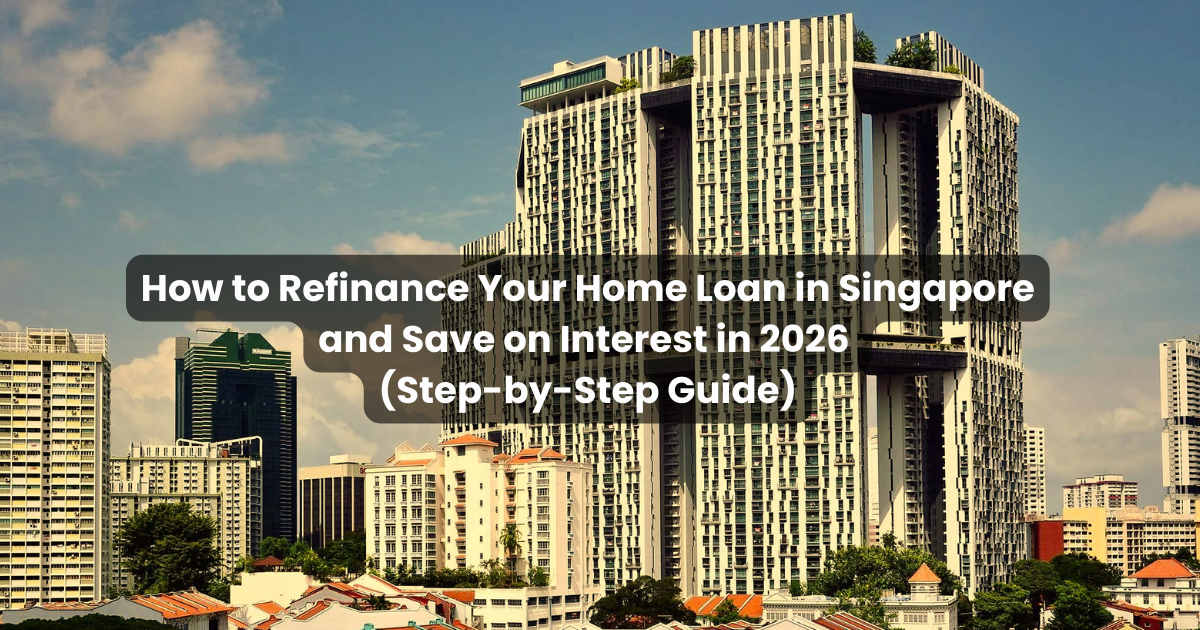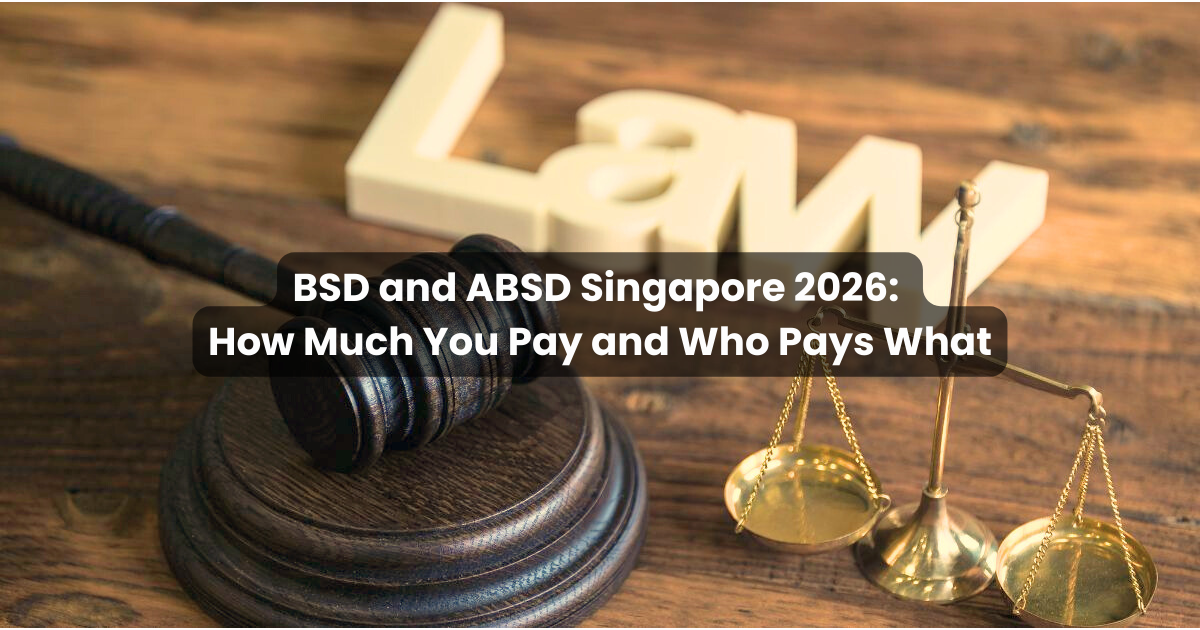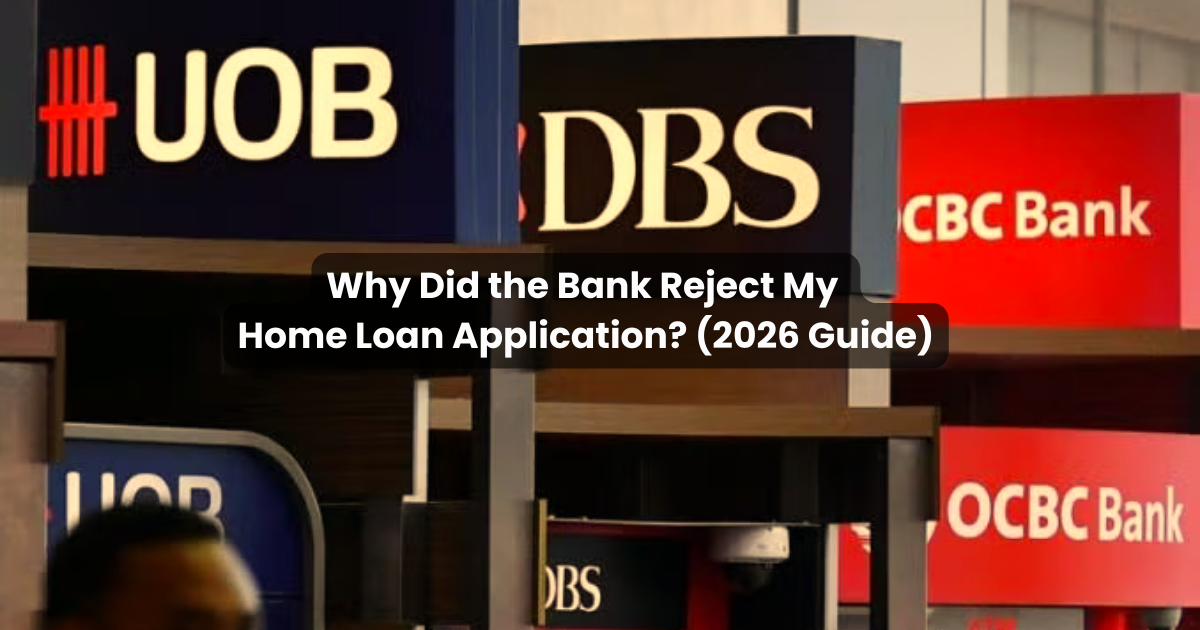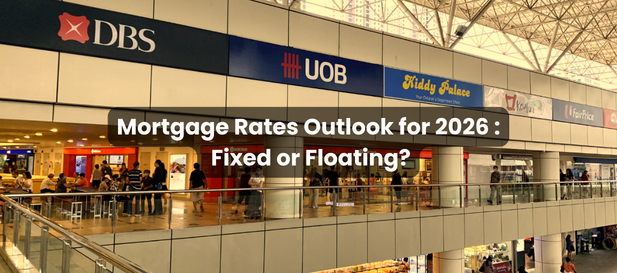- Insights & Updates
Latest News
By Chief Analyst
October 31, 2025In recent months, a striking trend has emerged: Singaporean investors are increasingly turning to Japan’s real-estate market. According to a recent report by Channel News Asia, Singaporeans have displaced Hong Kong investors as the largest foreign buyer group in Japan, accounting for about half of all transactions at one investment firm.
What is driving this shift, and more importantly for you as a prospective investor: is it worth buying Japanese property? At Fairloan Mortgage Advisory we believe the answer depends on your objectives, risk appetite and strategy — and below we break down the pros, the risks and the key questions you should ask.
Why Japan’s Property Market Is Attracting Singapore Investors
Several factors are making Japan more attractive than in the past:
Currency advantage
The Singapore Dollar has strengthened relative to the Japanese Yen, giving Singapore investors greater buying power. For example, one report noted that S$1 was equivalent to about ¥117.6 — roughly 12 % more purchasing power compared with three years ago.
Lower interest rates / financing cost
Japan continues to maintain low benchmark interest rates (around 0.5 %) which makes borrowing and holding property less expensive compared with other jurisdictions.
Strong real-estate fundamentals and tourism growth
With tourism reopening and large international events, cities like Osaka and Tokyo are seeing stronger rental demand, especially for short-stay or serviced-apartment style properties. A 2024 visitor count of 36.9 million international tourists further underpins demand.
Accessible to foreigners
Japan places relatively fewer restrictions on foreign ownership of real estate compared to many other countries. This makes it simpler for Singapore investors to enter the market.
Diversification appeal
For Singapore investors already exposed to local property markets and subject to regulatory constraints (e.g., Additional Buyer’s Stamp Duty for foreign purchases in Singapore), Japan offers a way to diversify into another major Asian economy
Taken together, these factors help explain the surge of interest and why Singapore-based firms and individuals are actively looking at Japanese residential and investment properties.
What Are the Potential Upsides?
If you choose the right property, the upside might include:
- Attractive acquisition costs: With the weaker yen and favourable FX rate, you may purchase at a relatively lower cost in SGD terms than previously.
- Rental yield potential: In cities like Osaka, rental yields of around 5 % have been cited, compared with lower yields in Japan’s more expensive Tokyo districts (3 % or so).
- Capital-growth potential: If the property is in a prime location or well-managed, appreciation may occur as Japan’s economy, population inflows/tourism pick up.
- Long-term gain and diversification: Property in a stable, developed country with excellent infrastructure (Japan) may provide a hedge against local property overheating or Singapore-specific regulatory risk.
- Holiday / dual-use: Some investors buy partly for personal use (holiday home) and partly for income rental, creating a blended use case.
The Risks You Must Consider
No investment is risk-free, and Japanese property has its own unique set of challenges:
- Foreign exchange risk: While the strong SGD today gives you a head-start, if the Singapore Dollar weakens or the Yen strengthens, your returns (when repatriating or converting back) may erode.
- Regulatory/tourism risk: While short-stay accommodation is appealing, rules around “minpaku” (private lodging) vary by city and may change. In some districts of Tokyo year-round private lodging is restricted; in Osaka rules are more favourable but subject to review.
- Liquidity and resale risk: Foreign buyers may face different resale dynamics than domestic ones. Some reports suggest Japan’s resale market remains relatively tepid outside prime areas.
- Location matters significantly: While Tokyo remains prized, entry prices are higher and yields lower. Osaka, Nagoya and other cities offer better yields but may carry other trade-offs (tenant base, growth potential).
- Maintenance, management and costs: Owning property overseas means you’ll need good local property management, understanding tax/tariffs, and dealing with cross-border logistics (tenant management, currency, upkeep).
- Interest-rate / economic risks: Though rates are low now, should Japan raise interest rates or should there be a local economic slowdown, property returns could be impacted.
- Natural disaster risk: Japan remains an earthquake- and typhoon-prone country — structural condition, insurance and building standard are all important considerations.
Is It “Worth It” for You? (Our 2 cents)
Whether Japanese real-estate investment is worth it depends on your personal situation, goals and strategy. Here are a few guiding questions:
- What is your investment horizon? If you seek short-term speculation (<5 years), Japanese property may hold more risk than reward. If you’re investing for 8–15 years or using the property for combined personal/holiday & rental use, the case may be stronger.
- Are you comfortable with remote ownership? Handling a property in another country means you’ll often rely on local agents, property managers and may need to travel occasionally.
- Do you understand local laws and taxes? Japan’s tax regime for rental income, capital gains, foreign ownership and inheritance may differ from Singapore.
- What is your exit strategy? Consider: if rental demand falls or you need to sell quickly, how liquid is your investment?
- How does it fit your overall portfolio? If your Singapore investments are heavily weighted in one asset class, investing abroad may provide diversification benefits.
- What financing assistance do you have? Financing a property in Japan as a foreigner may involve higher downpayments or less favourable lending than in Singapore. You should factor in all costs and returns in SGD terms.
- What yield and appreciation assumptions are you using? Be conservative. If you assume 5 % gross yield, factor in vacancy, maintenance, management fees, currency and tax.
- What is the FX trajectory you expect? If you assume the SGD remains strong or the Yen weakens, the mathematics may favour a purchase now—but currency trends can surprise.
Practical Checklist for Singapore Buyers
- Choose city & location wisely – Tokyo vs Osaka vs Nagoya vs secondary cities
- Review local legal/tax implications – overheads, rental regulation, foreign ownership, property tax, inheritance
- Calculate full cost in SGD terms – purchase price, FX conversion, stamp duty, legal fees, maintenance, property management
- Project rental yield & net cash flow after costs
- Plan for currency risk – both acquisition and eventual repatriation
- Assess exit liquidity – resale market, demand from foreigners/local tenants
- Secure local management – reliable agent or property manager in Japan
- Align with your portfolio and time horizon – is this primary investment, secondary, holiday home or diversification?
- Engage trusted advisors – local Japanese property professional + Singapore adviser to review cross-border issues
- Ensure risk buffers – vacancy, regulatory change, FX shift, unexpected maintenance
Final Thoughts
The rising interest of Singapore investors into Japanese property is well-justified: favourable currency, low rates, tourism tailwinds and diversification appeal all play in its favour. But “worth it” does not mean “easy money”. A disciplined, well-researched approach is essential.
At Fairloan Mortgage Advisory, we emphasise this pragmatic view: Japanese property can be a compelling part of your global real-estate strategy — provided you understand the full cost, the risks, and the long-term commitment involved.
If you’re intrigued by this route — either for investment or a second home — we’re here to assist. We can help you review how this fits into your mortgage strategy, cash-flow planning, tax and net-worth implications. Overseas property is more than just picking a button on a listing site — it’s about aligning it with your financial life in Singapore.
Want a tailored scenario? Let us know your budget, target city in Japan, and how you intend to use the property, and we’ll provide a rough net-yield estimate and key questions check-list for you.
Explore related content by topic
With growth in Singapore slowing and inflation moderating, the key question now becomes: Should homeowners opt for Fixed‑rate stability or Floating‑rate flexibility?
Mortgage rates in 2026 are expected to remain stable, with fixed and floating packages priced similarly. Floating rates may ease further in 2026, but early signs suggest potential rate increases from 2027 onwards, making loan structure and flexibility more important than headline rates.

